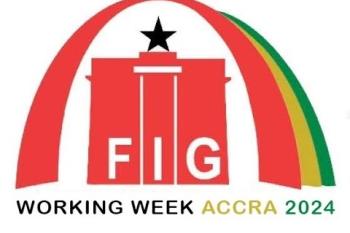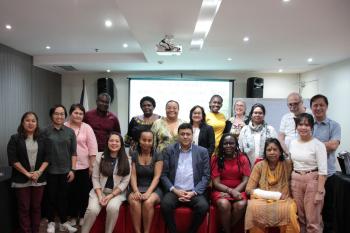Webinar: The Land Reform Agenda for Kenya
Date: October 10th, 2018 ; Register your intention to participate via GoToWebinar.
Land use and reforms are at the heart of Kenya’s political and economic future stability. Land is an enabler to support manufacturing, access to affordable and decent housing, universal health care, food security and nutrition. Land is a critical driver in urban development through regulating access to land and use to achieve security of tenure for all. Regulations and rules for operationalizing the Land Act of 2012, the Land Registration Act 2012 and the Community Land Act 2016 were gazetted in December 2017. The Community Land Act, if implemented, includes innovations on how to recognize community land rights and control over natural resources. From 2013-2017, the Government of Kenya issued approximately 3.2 million titles, yet women received only 10% of these titles, with a paltry 1.62% of the land, or 163,253 hectares out of 9,903,304 hectares. Thus, there have been major gender disparities in the land reforms that need to be addressed. The disappearance of land titles and documents both by companies and the land registry has been a major source of consternation and has led to charges of corruption. The ongoing digitization of land records and establishment of a secure National Land Information Management Systems is said to be critical to ensuring accountability in the way land is managed and overcoming these inconsistencies. Moreover, around two thirds of Kenya's land is categorized as community land, most of which is unregistered. The Community Land Act includes provisions for managements and dispensation of community lands, but what does this mean for customary land rights? This webinar will address these challenges in an attempt to define a path forward that will lead to equity and justice in land reform and use that benefits communities and increases food security. Panelists will address the following questions:- What are the implications of community land dispensation?
- How can the gender imperatives of land reform be actualised?
- How is digitization addressing underlying inconsistencies in land registries?
- What are the main challenges that need to be addressed in policy frameworks on land reform and use?
- Dr. Collins Odote Oloo, Senior Lecturer at the University of Nairobi
- Odenda Lumumba, CEO, Kenya Land Alliance
- Husna Mbarak, Food and Agriculture Organization of the United Nations (FAO)
- Representative of the Ministry of Lands and Physical Planning (TBA)


